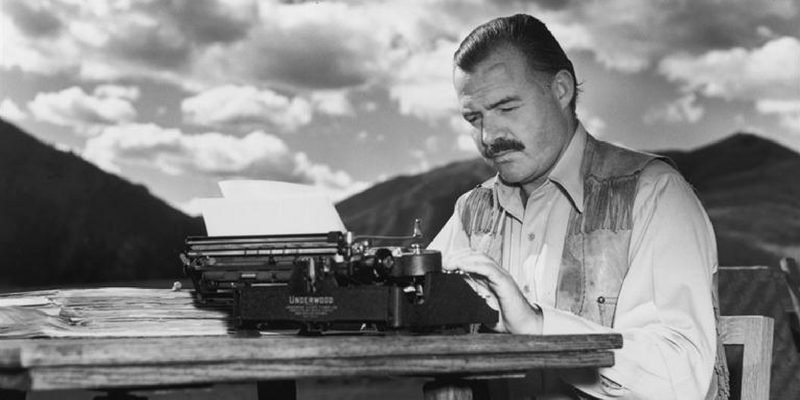Editing: Where the magic happens
Episode #3 of the course How to self-publish a book by Emmanuel Nataf
In today’s lesson, we’re taking a cue from Ernest Hemingway.
So you’ve finished writing your first draft. You close your computer, go to bed, and dream of all the success waiting for you down the road. But when you wake up and read your book again, not only is it riddled with typos, there’s also a glaring plot hole in Chapter Five!
Before you freak out, remember that a first draft is not even worth showing to friends and family. As Ernest Hemingway famously said, “the only kind of writing is rewriting.” Few writers will produce a first draft that they’re happy with. Through the process of creating a second and third draft, you will hone the language, cut out superfluous material and refine your manuscript.
Once you’ve rewritten that manuscript to your heart’s content, might it be time to share your book… with a professional editor.
Not too sure what an editor does (or doesn’t do)? Don’t worry. Let’s slow things down and look at the different jobs an “editor” might do:
Developmental Editors: They will identify all the plot holes you didn’t catch in your first three drafts. They will examine all the elements of your writing, from single words and the phrasing of individual sentences, to overall structure and style. Think of it as addressing “big picture” issues like confused structure, problematic characterization, patchy pacing, head-hopping, etc.
Copy Editors: They will turn your manuscript into its most readable version. Weeding out all the bad grammar and spelling mistakes, they will point out things like poorly constructed sentences and noticeable shifts in your tone.
Proofreaders: They will come in at the last stage of the editing process to check for tiny errors in spelling and punctuation. It’s their job to make sure that mistakes don’t slip through the net before your book is distributed.
That’s a lot of information to pore over! At this point you probably have a lot of questions swimming around your head. Take a moment and find out a bit more about both the process of editing and the different kinds of services offered by freelance professionals.
That’s all for today! We promise it gets even better, because tomorrow we’ll be back with some amazing tips on how to make your book more visually appealing than the competition.
Recommended book:
“Writing Tools: 50 Essential Strategies for Every Writer” by Roy Peter Clark
Share with friends

